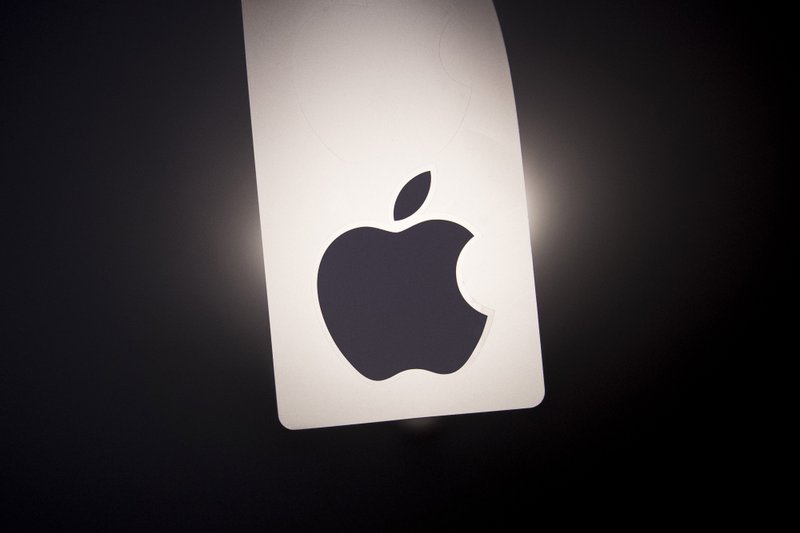Apple on Wednesday fed fears that the global economy could be slowing faster than anticipated by announcing it would miss its first-quarter revenue estimate, a rare misfire that the company blamed on unexpected challenges in the Chinese economy and the trade conflict between the United States and China.
Months after unveiling two new iPhones in time for the holiday season, Apple CEO Tim Cook said in a note to investors that the company had lowered its revenue guidance to $84 billion, compared with its previous estimate of revenue between $89 billion and $93 billion. The news sent Apple's stock plunging in after-hours trading.
In explaining the change, Cook said Apple "did not foresee the magnitude of the economic deterioration" in markets including China, where Apple has also faced tougher competition from home-team smartphone makers such as Huawei and Xiaomi. Cook said that most of the revenue shortfall to the company's initial guidance "occurred in greater China across iPhone, Mac and iPad." Along with slowed growth there in the second half of last year, Cook said that the "economic environment in China has been further impacted by rising trade tensions with the United States."
President Donald Trump has raised new tensions between the U.S. and China by imposing tariffs on more than $200 billion in goods, although so far the iPhone hasn't been affected directly.
China's "economy began to slow there for the second half," Cook said during an interview with CNBC on Wednesday afternoon. "The trade tensions between the United States and China put additional pressure on their economy."
While economists have suspected that the Chinese economy has been slowing, it has not been clear how much that might translate into a decline in global economic growth that would hit the United States.
The earnings miss shows how the trade war is enveloping one of the biggest U.S. brand names, which had worked hard to gets its product exempted from tariff lists released by the Trump administration.
"As the climate of mounting uncertainty weighed on financial markets, the effects appeared to reach consumers as well, with traffic to our retail stores and our channel partners in China declining as the quarter progressed," Cook said.
The announcement also attributed the lowered outlook to fewer than expected customer upgrades to new iPhones and supply constraints to newer models of the Apple Watch, iPad Pro and AirPods.
The reduction to the forecast comes after weeks of signals from inside Apple and its supply chain indicating the Cupertino, Calif.-based company is struggling to sell the latest iPhones released in September. The flagship product earns Apple about two-thirds of its revenue.
Several key Apple suppliers overseas had cut their revenue estimates during the past few months, suggesting something was amiss. In November, the company said it would stop reporting unit sales of iPhones, iPads and Macs beginning in fiscal 2019. That sparked concern Apple wanted to avoid disclosing weak growth numbers. Apple's stock had fallen 32 percent from an October peak to its close of $157.92 Wednesday amid growing concerns about the iPhone.
Information for this article was contributed by Tony Romm of The Washington Post; by Mark Gurman and Jenny Leonard of Bloomberg News; and by Michael Liedtke of The Associated Press.
Business on 01/03/2019
